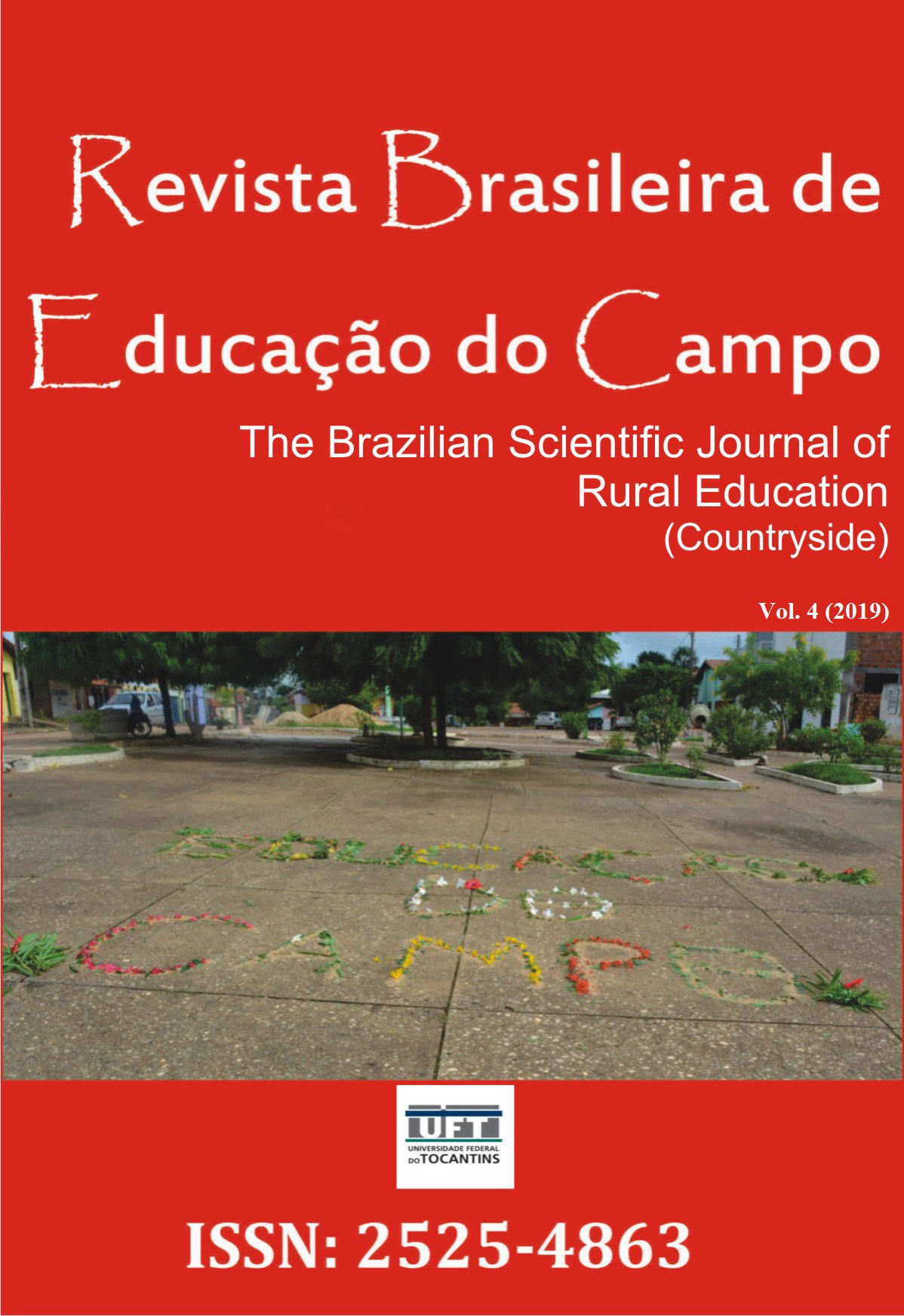Land tenure legislation and countryside education in Brazil
DOI:
https://doi.org/10.20873/uft.rbec.v4e6406Schlagworte:
Federal Constitutions, Social Movements, Fighting, Countryside EducationAbstract
ABSTRACT. This paper aims at reflecting about two great questions concerning rural population; such questions constitute themselves as fundamental fighting pillars: land, and countryside education. Firstly, Brazil’s Federal Constitution is taken under analyses, since it represents the official view towards rural population, secondly, reflections are drawn regarding what is suggested concerning Countryside Education. These reflections highlight the relationship between, what is here denominated as “invisibility” regarding rural population, and a movement towards an education that takes under consideration its specificities. The battles for better education for rural communities has guaranteed some achievements, thus making them visible, in detriment of a hegemonic view, which tends to take rural populations as part of a whole, disregarding their specificities and traditional knowledge.
Downloads
Veröffentlicht
Zitationsvorschlag
Ausgabe
Rubrik
Lizenz
Creative Commons Attribution License
Creative Commons Attribution License
Proposal for Copyright Notice Creative Commons
1. Policy Proposal to Open Access Journals
Authors who publish with this journal agree to the following terms:
A. Authors retain copyright and grant the journal right of first publication with the work simultaneously licensed under the Creative Commons Attribution License that allows sharing the work with recognition of its initial publication in this journal.
B. Authors are able to take on additional contracts separately, non-exclusive distribution of the version of the paper published in this journal (ex .: publish in institutional repository or as a book), with an acknowledgment of its initial publication in this journal.
C. Authors are permitted and encouraged to post their work online (eg .: in institutional repositories or on their website) at any point before or during the editorial process, as it can lead to productive exchanges, as well as increase the impact and the citation of published work (See the Effect of Open Access).














